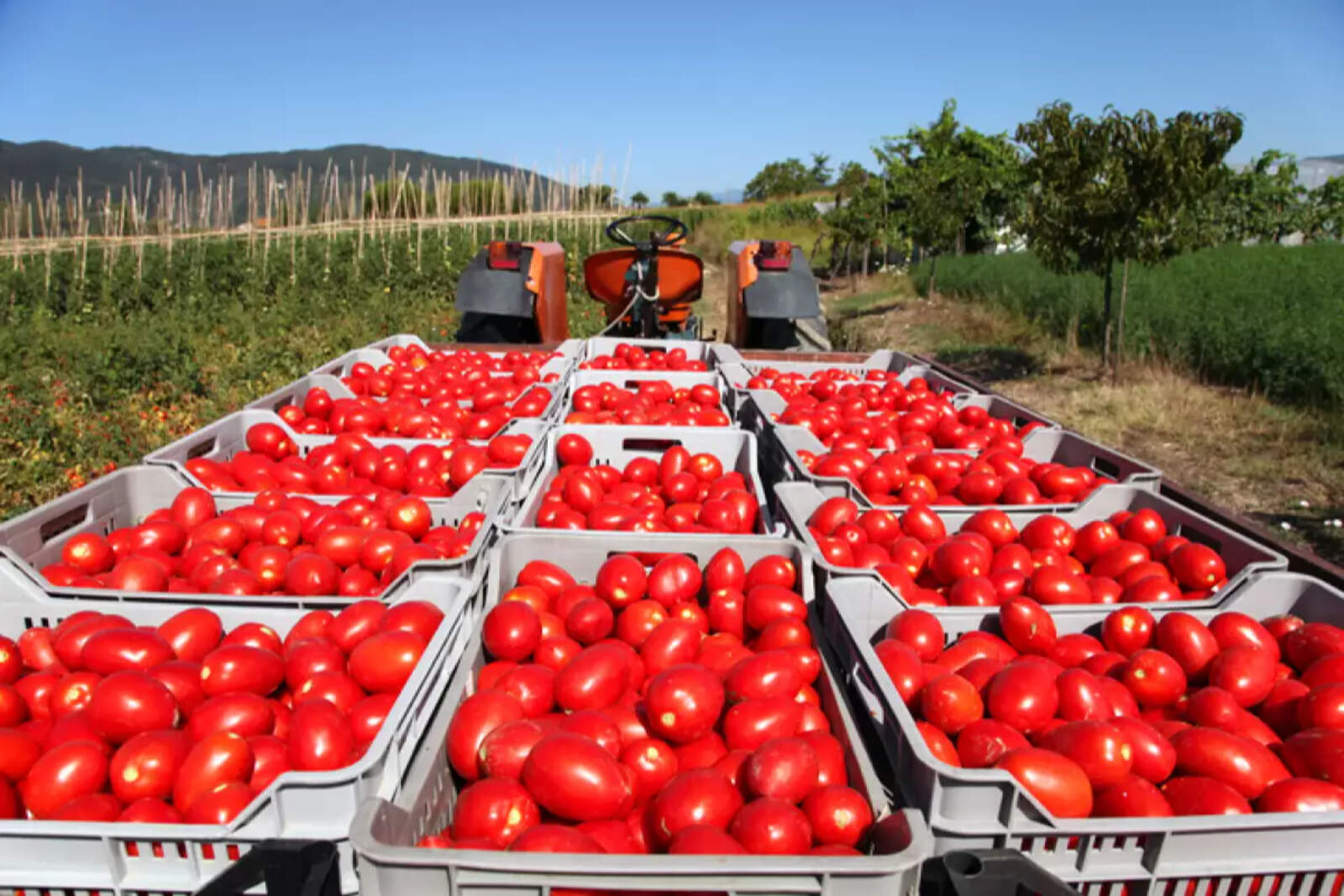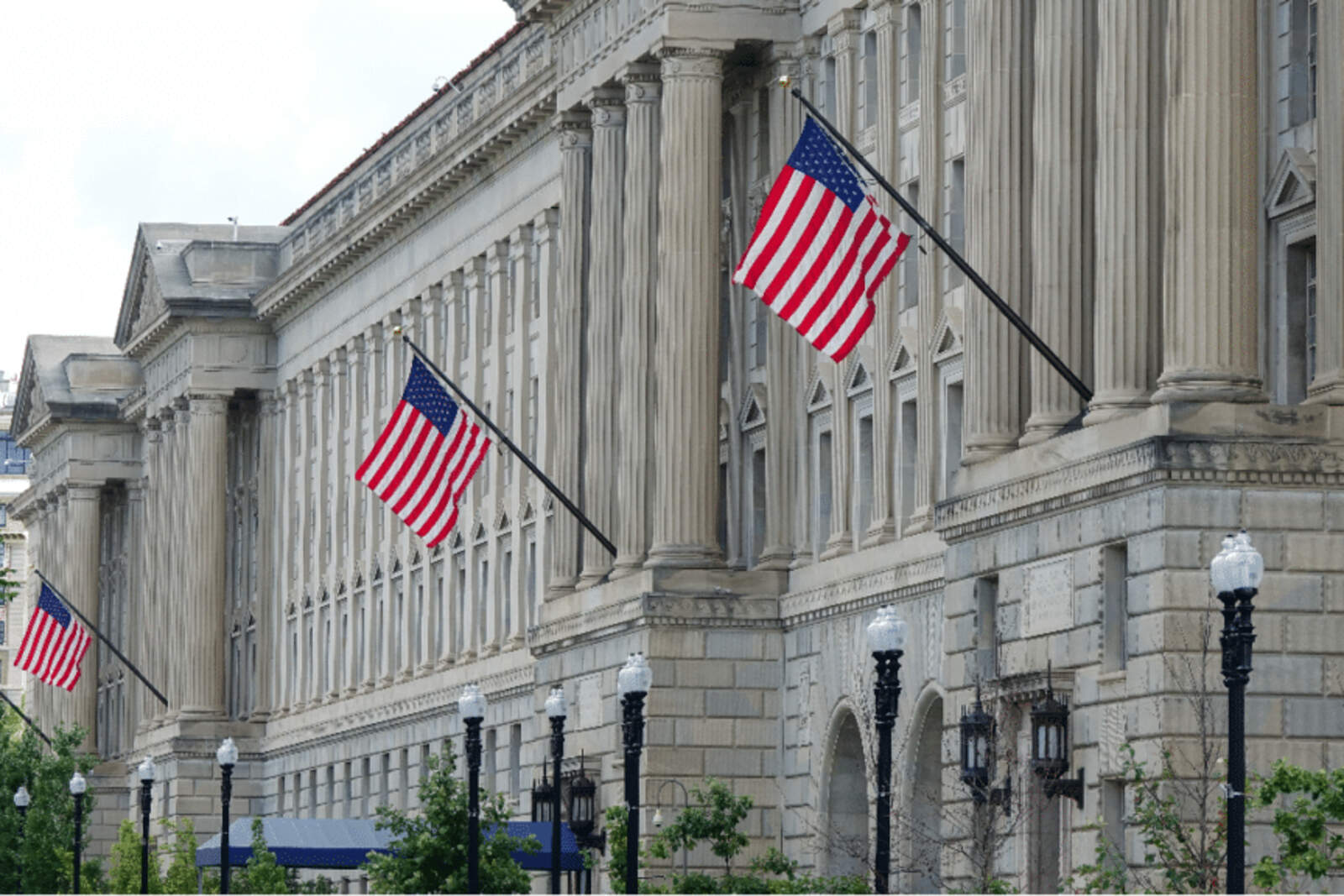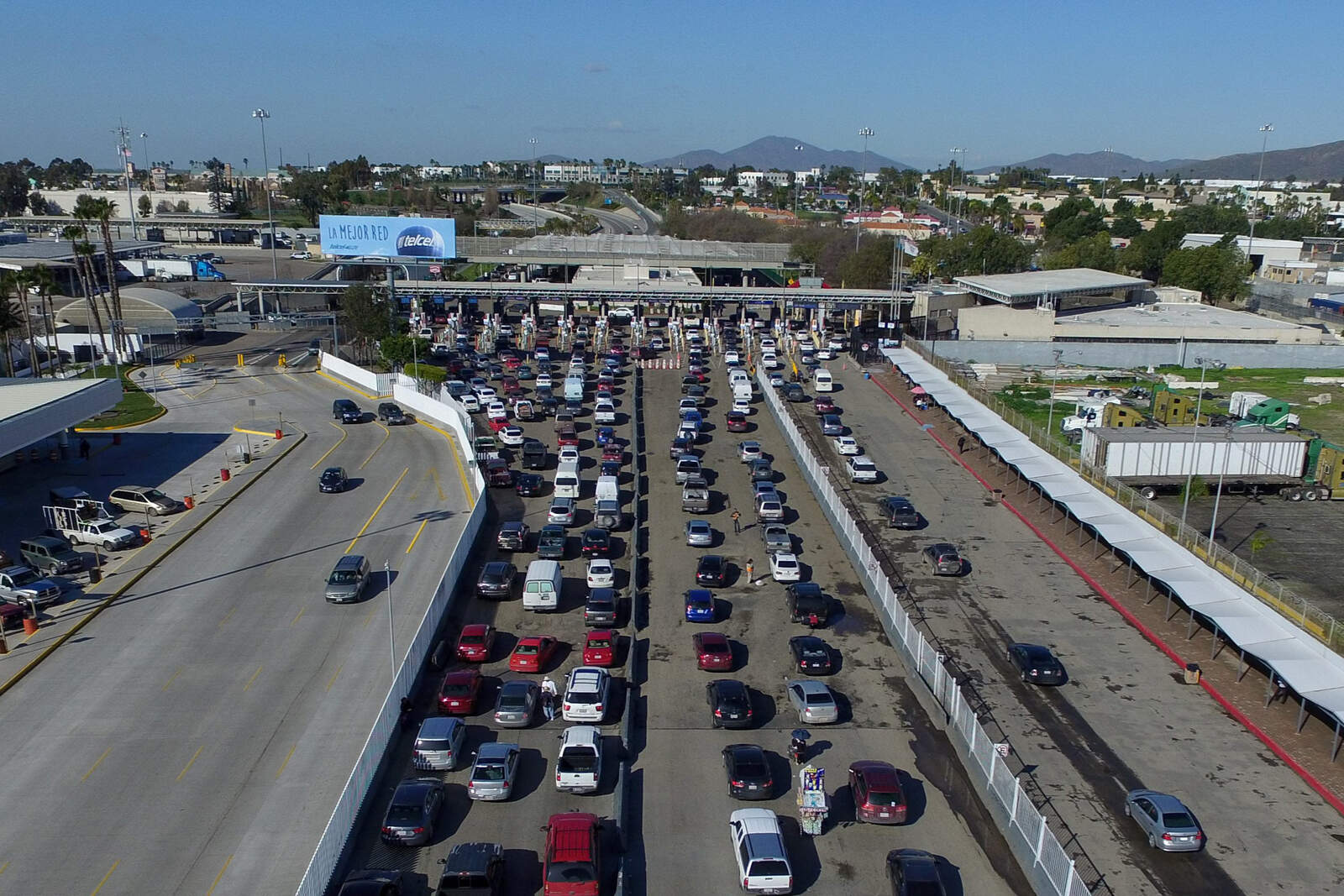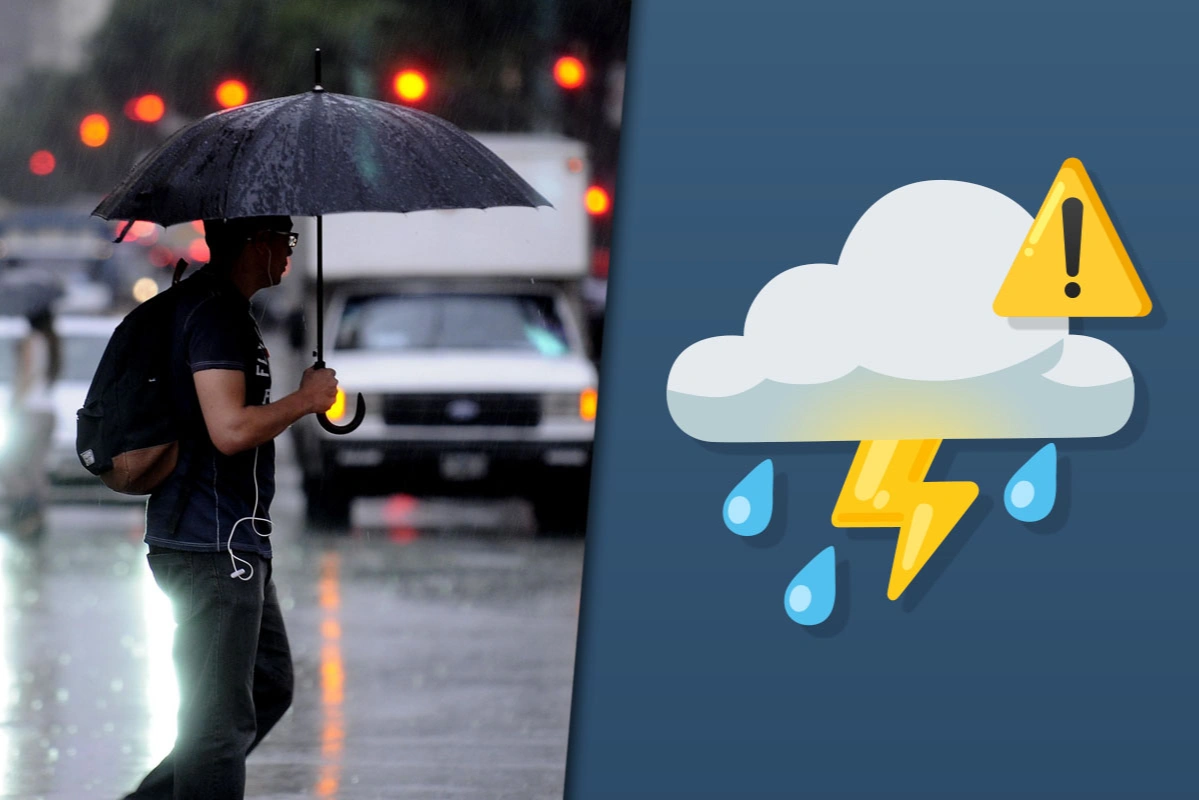The United States government, under the administration of Donald Trump, announced that it will impose a 20.91% tariff on most imports of fresh tomatoes from Mexico starting July 14, 2025.
This measure arises after the Department of Commerce's decision to withdraw from the Suspension Agreement on the Antidumping Investigation on Fresh Tomatoes from Mexico, signed in 2019.
The administration rightly argues that this agreement has failed to adequately protect American producers against Mexican imports considered unfairly cheap.
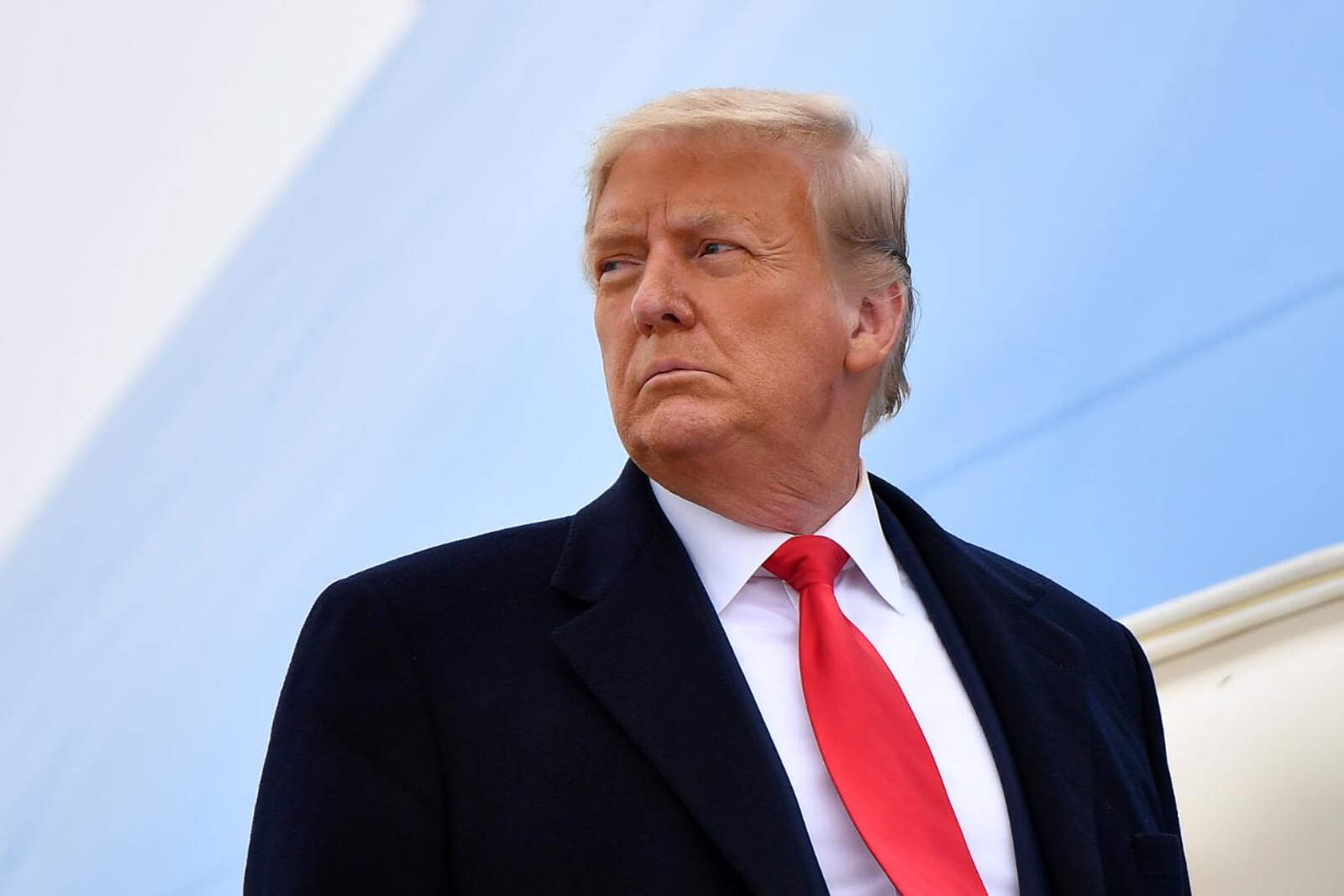
The implementation date of the tariff coincides with the start of the high tomato season in the United States, which has caused some state of alert among some economists, importers, and consumers, as a slight increase in tomato prices is anticipated.
In 2023, the United States imported Mexican tomatoes worth 2.7 billion dollars, with this country being the main export destination for tomatoes for Mexico.
The 2019 agreement, also reached during Trump's first presidency, avoided the imposition of tariffs at the time by establishing minimum sales prices and an inspection system to prevent the entry of low-quality fruit.
However, according to the Department of Commerce, American farmers have repeatedly stated that the mechanism has failed to stop unfair competition. Consequently, an antidumping duty order will be applied with the aim of leveling the playing field for domestic producers.
